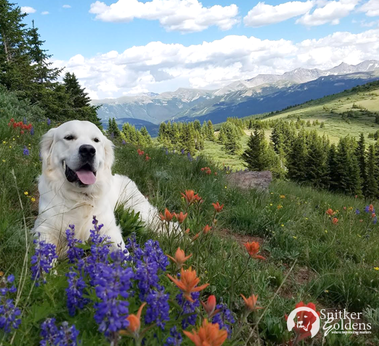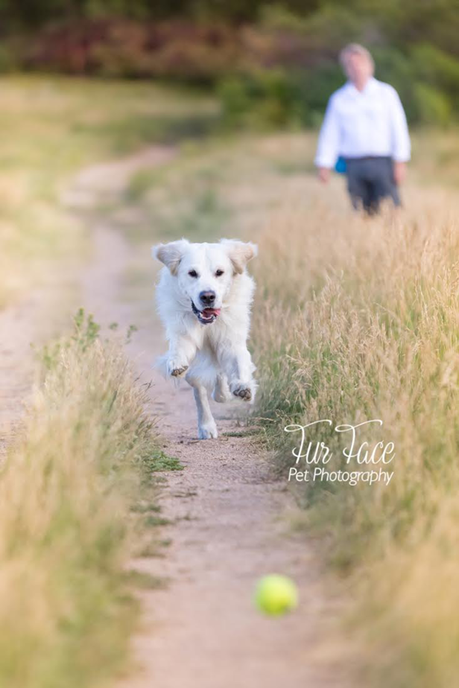The Imprint™ - Socializing Your Puppy
A Snitker Goldens Specialized Imprinting and Puppy Enrichment Program
What if puppies who were socialized could go from a failing grade of 9% to a passing one of 90%?
That's exactly what Clarence Pfaffenberger, trainer and educator with Guide Dogs of the Blind, describes. In 1958 and 1959, socialization so radically changed their approach that not only did 9 out of every 10 dogs graduate to become guide dogs, but Guide Dogs of the Blind had made their standards more rigorous than previous years. (6)
What if puppies who were socialized could go from a failing grade of 9% to a passing one of 90%?
That's exactly what Clarence Pfaffenberger, trainer and educator with Guide Dogs of the Blind, describes. In 1958 and 1959, socialization so radically changed their approach that not only did 9 out of every 10 dogs graduate to become guide dogs, but Guide Dogs of the Blind had made their standards more rigorous than previous years. (6)
|
The Socialization Period
Starting in 1945, J. P. Scott and John Fuller started a 20 year study and were among the pioneers of research that changed our understanding of puppy development forever. We now know that the first four months are the most critical in a puppy's life and more specifically, the 7-12 week period. "The younger the animal the greater the effect." (118) The socialization period, approx. 7-12 weeks of age, they discovered, is a small window of time within an already small window time being 0-16 weeks of age. A puppy learns and develops so rapidly, that if one missed the opportunity, you could never make up to your dog what had been lost and to Pfaffenberger, it was like letting gold slip through your fingers. (40) Drs Scott and Fuller also discovered something else - these principles could be applied across the board with any dog breed and thus, could be replicated with consistency! (Scott & Fuller) |
"...starting a puppy in positive training at a very early age is the best way to mold him into the kind of dog that you want him to be." (Pfaffenberger 40)



